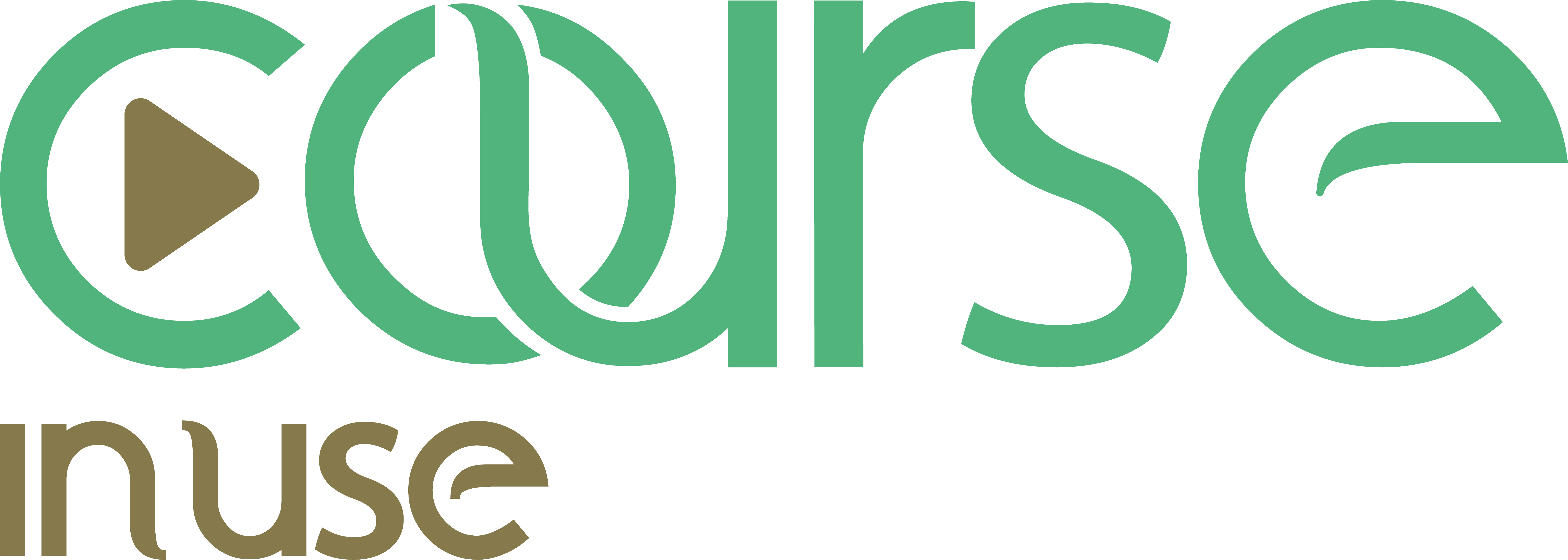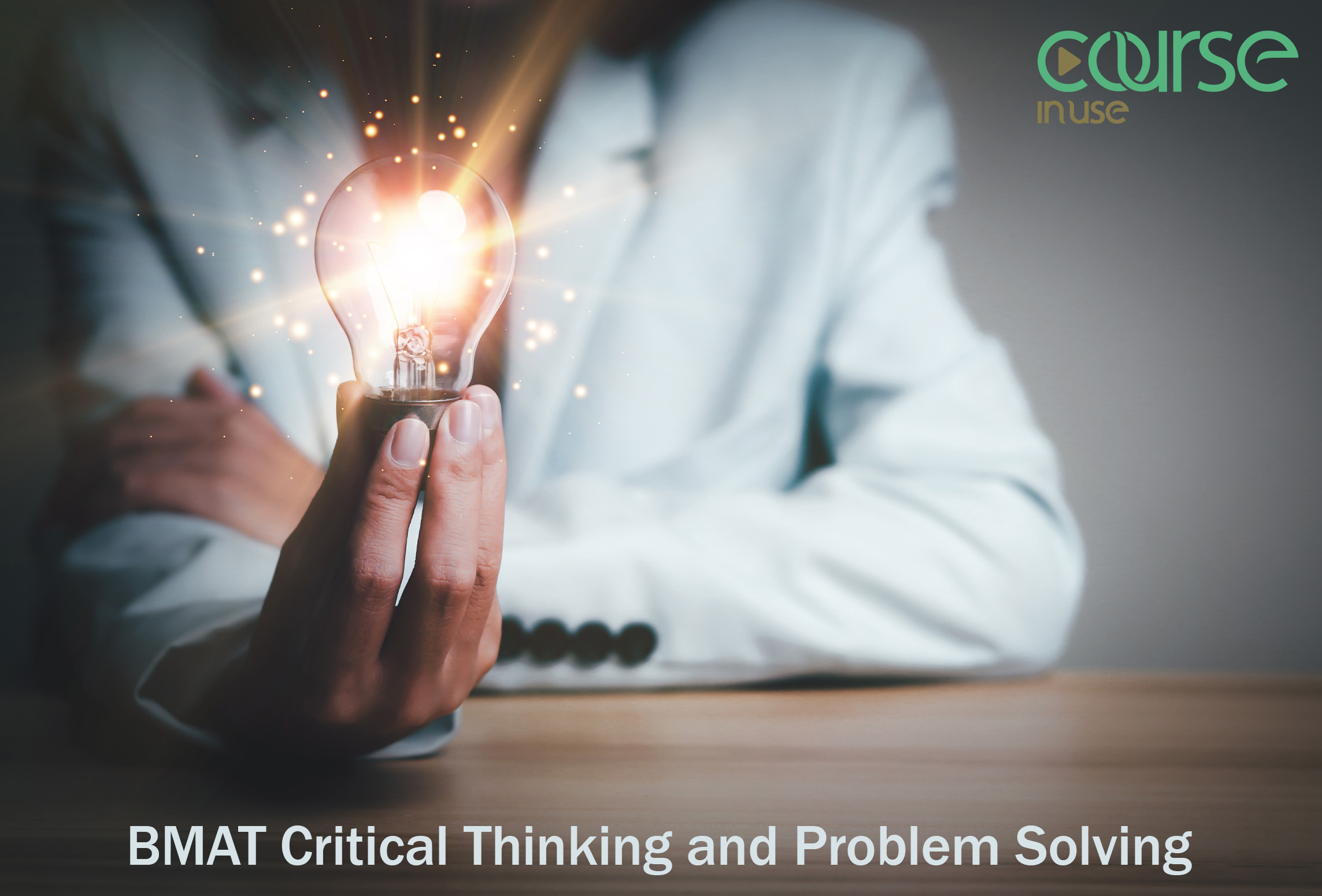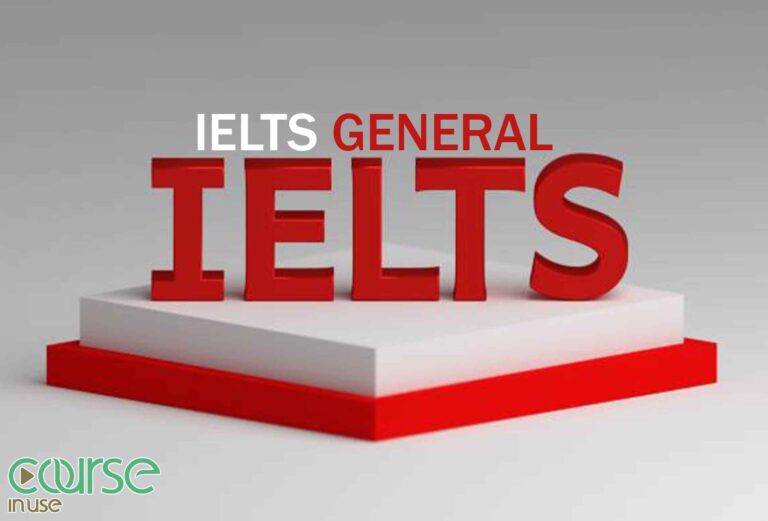Introduction
The BMAT (Biomedical Admissions Test) is a crucial assessment for entry into medical and health science programs. One of the key sections of the BMAT is “Critical Thinking and Problem Solving,” which evaluates candidates’ analytical and reasoning abilities. In this article, we will explore the significance of this section, the topics covered, sample questions, success strategies, and recommended resources.
Structure and Importance of Logic Section
Importance of Critical Thinking and Problem Solving The Critical Thinking and Problem Solving section of the BMAT is designed to assess:
- Logical Reasoning Ability: The capacity to apply logical principles to evaluate and draw conclusions from complex information.
- Data Interpretation: The ability to analyze and interpret data and scientific information effectively.
- Complex Problem Solving: Using analytical skills to tackle and solve intricate problems.
This section challenges candidates to demonstrate how they can use their analytical skills to address various issues.
Topics Covered The Critical Thinking and Problem-Solving section includes:
- Logical Reasoning: Understanding and applying principles of logical reasoning.
- Data Analysis and Interpretation: Analyzing complex data and interpreting results.
- Deductive and Inductive Reasoning: Applying deductive and inductive reasoning to solve problems.
- Problem Analysis: Examining and analyzing complex problems from multiple perspectives.
Sample Questions and Topics
Sample questions might include:
- Logical Reasoning Questions: Questions that require analyzing and evaluating given arguments.
- Data Analysis Questions: Questions that involve interpreting and drawing conclusions from provided data.
- Problem Solving Questions: Problems that require applying analytical thinking to find solutions.
Success Strategies for the Critical Thinking and Problem-Solving Section
- Enhance Logical Reasoning Skills
Study Resources: Use educational materials focused on strengthening logical reasoning skills.
- Practice Data Analysis
Data Analysis Exercises: Engage with practice questions and exercises related to data interpretation to improve analytical skills.
- Solve Complex Problems
Practice Complex Problems: Work on solving intricate problems and consider multiple approaches to enhance problem-solving abilities.
- Utilize Reputable Resources
Books and Educational Resources:
- “Thinking Skills” by John Butterworth and Geoff Thwaites
- “Critical Thinking: A Concise Guide” by Tracy Bowell and Gary Kemp
- “The Cambridge Handbook of Thinking and Reasoning” edited by Keith J. Holyoak and Robert G. Morrison
- “Logic and Critical Thinking” by Derek R. H. Thomas
- Critical Thinking Skills for Education Students -Learning Matters (2009)
- Critical Thinking _ an Introduction to Logic and Scientific Method.-Muriwai Books (2018)
- Critical Thinking_ The Basics-Routledge (2023)
- The Need for Critical Thinking and the Scientific Method-CRC Press (2018)
- Critical Thinking 10th Edition – Moore Parker
- Critical Thinking and Writing for Nursing Students -Learning Matters Ltd. (2010)
- Critical Thinking Skills Success in 20 min – Learning Express
- Critical Thinking, Idea Innovation, and Creativity (2023, CRC Press)
- How to Solve A Problem_ Insights for Critical Thinking, Problem-Solving, and Success in College-CRC Press (2023)
Conclusion
Although the BMAT is not exclusively a test of critical thinking, having strong skills in this area is vital for performing well in this section. Familiarity with the key topics and effective strategies can significantly improve a candidate’s performance. By utilizing reputable resources and consistent practice, candidates can enhance their readiness and increase their chances of success in the BMAT.




